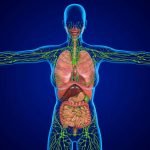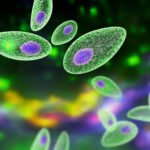Physiology is the study of the characteristics and mechanisms of the human body.
Cells are the basic unit of life and approximately 100 trillion cells make up the typical human, each specially adapted to perform one or a few particular functions. Nearly 25 trillion red blood cells function by transporting oxygen from the lungs to all tissues in the body. All cells have some basic commonalities. Oxygen reacts with carbohydrates, fat, and protein to release energy, nutrient consumption, and energy production mechanisms. Almost all cells have the ability to reproduce further similar cells.
Human Physiology
The major systems of the human body are as follows:












